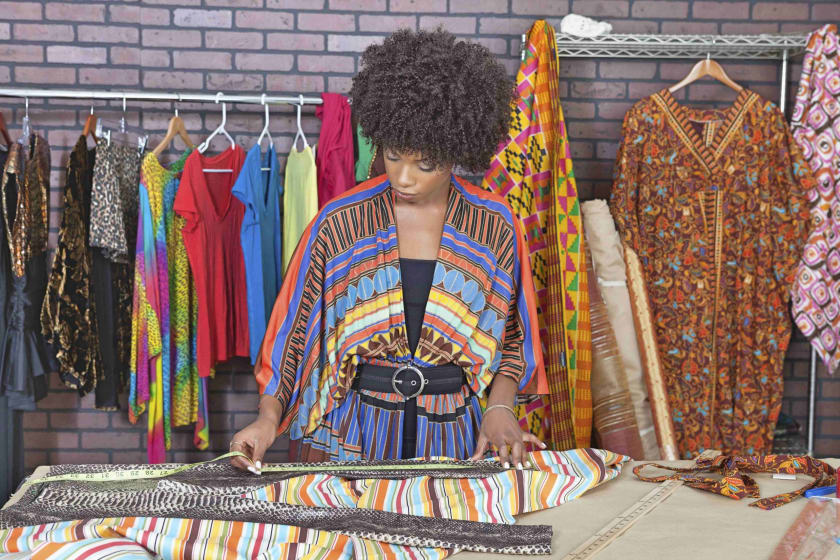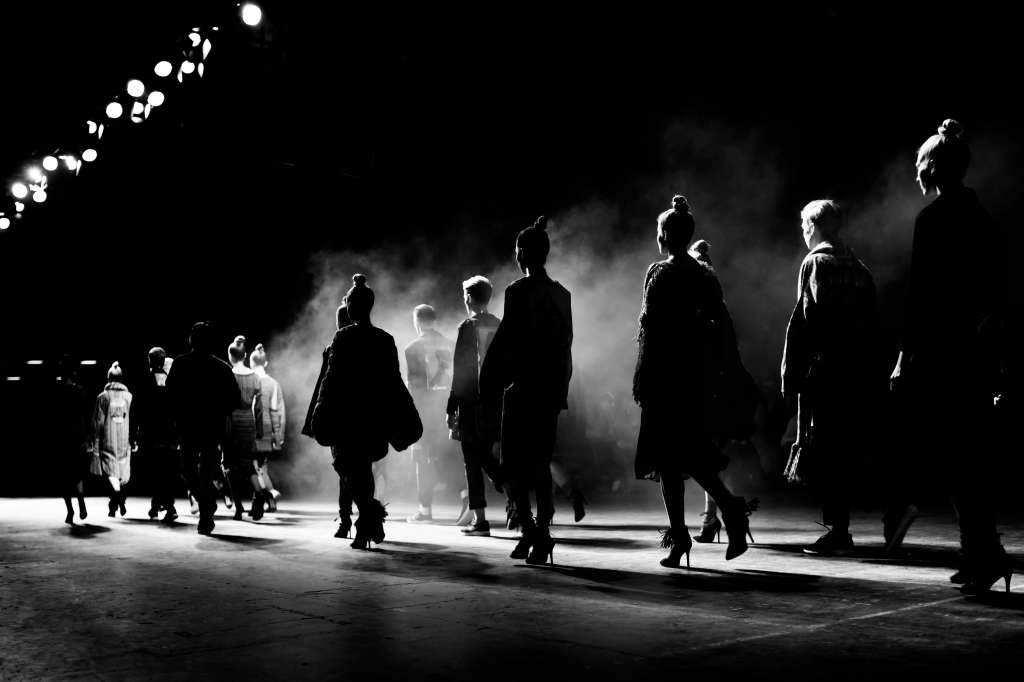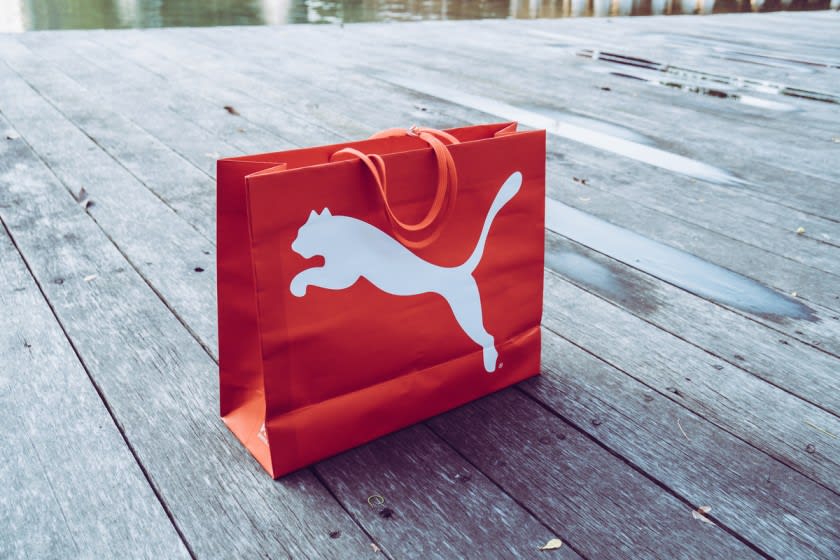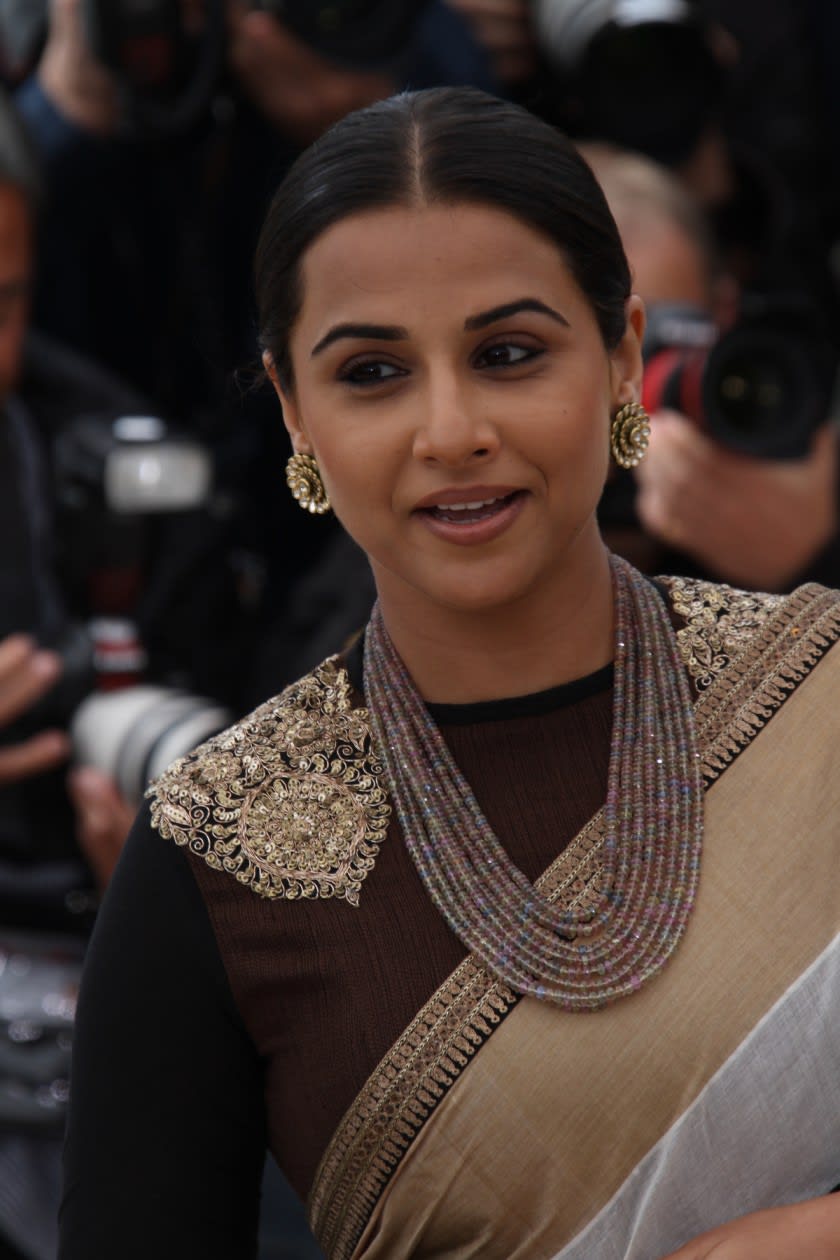A Case Study Of The African Fashion Industry



The sub-Saharan African countries have shown much progress over the past few decades. Improvement in education and literacy rates has been complemented by a steady rise in economic stability. This is particularly the case in countries like Ghana, Nigeria, Ethiopia, Republic of South Africa, Tanzania etc. As such, the current era has borne witness to a steadily growing and global African fashion industry.
The growing middle class of many African countries is seen as responsible for the rise of African fashion. Many families in Africa have more disposable income. People in the aforementioned countries now have more spending power to invest in fashion and accessories. As such, brands would do well to invest in African fashion for the near future.
Current Economic Climate of Africa
Before delving into the present day African fashion industry, let's look at the economic climate of Africa.
Human development index reports by the UN predict a rise in the African GDP in the next 5 years. In terms of trade, 2020 estimates show that about 2 percent of the global trade is now from Africa. Africa also enjoys ease of shipping to European countries and the United States. This is much more so than the Asian countries.
In terms of industry, agriculture remains the leading source of employment in the African continent. It is followed by the artisan and craftsmanship industry in second place.
Reports for countries like Kenya and Nigeria paint a positive picture for employment and the African fashion industry. For example, one job created in the fashion and textile industry leads to the creation of 5 other jobs in the packaging, shipping and transportation industries. Given this scenario, African governments are likely to be welcome to investment in the African fashion world.
African Fashion Industry: A Snapshot
African fashion weeks are held worldwide in cities like New York, Paris, London and Toronto. That said, several African countries also host their own major fashion event each year. These events attract thousands of industry insiders looking to educate, promote and inspire major fashion brands. They provide a boost to local fashion markets and help promote promising designers from Africa. Furthermore, participants in African fashion events seek to develop their own infrastructure and networks within the industry.
To sum up, the emergence of the African fashion week is a growing trend that has taken the world by storm. Africa's growing fashion market features unique designs and attire every year. African fashion industry trends are becoming mainstream in the global fashion world. And at the center of all this are the stunning fashion weeks which are a thing to marvel at.

Nigerian Fashion Week
Scheduled to be held on December 14-15, 2022, it is centred in and around Lagos. The ethnic attires and the indegenous models are so marvellous that they outshine even those in New York, Toronto or Paris. Not to mention the awesome parties and nightlife that follow these shows. The show will focus on exclusively featuring and promoting Nigerian talent, unfettered by the raging pandemic and the global crises as a whole.,
Senegalese Fashion Week
The Senegalese Fashion Week is scheduled around December 17-18, 2022. Senegal is known for its lovely beaches and amazing music. The fashion week now adorns this list. The event has been helping propagate young Senegalese designers. An international exposure of their work has both helped the individuals, as well as boosted the country’s reputation within the fashion world.
South African Fashion Week
When talking about the economy of South Africa, people tend to think of it more as a part of the western world, rather than an African country. Held every year on May 1-2, this year the expo featured footwear, designer accessories, clothing and jewelry. This expo requires a special mention as it offers a platform for SMEs to bulk buy products for their individual markets. The South African fashion week has its fame attributed to it not only because of its talented designers, but also as market boosters. They help connect business to business in order to allow the smaller players a level playing field in the market.

Swahili Fashion Week
The Tanzanian fashion week is held from 2nd to 4th December each year. It is scheduled to be held on the same dates this year as well. It deserves special note on this guide as it is the largest annual fashion event in the whole of East and Central Africa. The event allows Swahili fashion and accessory designers to internationally showcase their talents. It also features a one day pop up show from the runway. This event is followed by a week-long bazaar. Fashion enthusiasts, SMEs and upcoming fashion industrialists all throng to this expo to find the right design and prices for their local markets.
Addis Ababa Fashion Week
The Ethiopian fashion week is one of the largest trade fairs in the industry. It not only attracts the SMEs and designers, but also some of the larger players in the industry. Held every year in the last week of January, from 22nd to 26th, this is one of the fashion events worth attending for any fashion enthusiast.
Accra Fashion Week
The Ghana fashion week is held every year from 7-11 December. About to hold its sixth iteration this year, the last year has seen greater innovation in this event. Talented, young fashion designers have brought about newer trends with the admixture of indigenous African styles with that of Westernized concepts; this has led to the creation of the much hyped and talked about styles that has been in trend since the last year: after the pandemic had caused a significant slowdown in this sector of economy.
Conclusion: Investing in the African Fashion Industry
The clothing and textile industry represent about 7 percent of the global economy. As mentioned earlier, the African fashion industry is also a major jobs generator. Therefore, governments in African countries are welcoming increased participation of global stakeholders in African fashion.
The fashion industry will likely see more major players from Africa in the coming decade. With shipping, textile and apparel manufacturing shifting slowly towards African countries, the continent is becoming a top destination for garment sourcing for the West. Sign up with Fashinza to learn more about the African fashion market and how to invest in it.



















